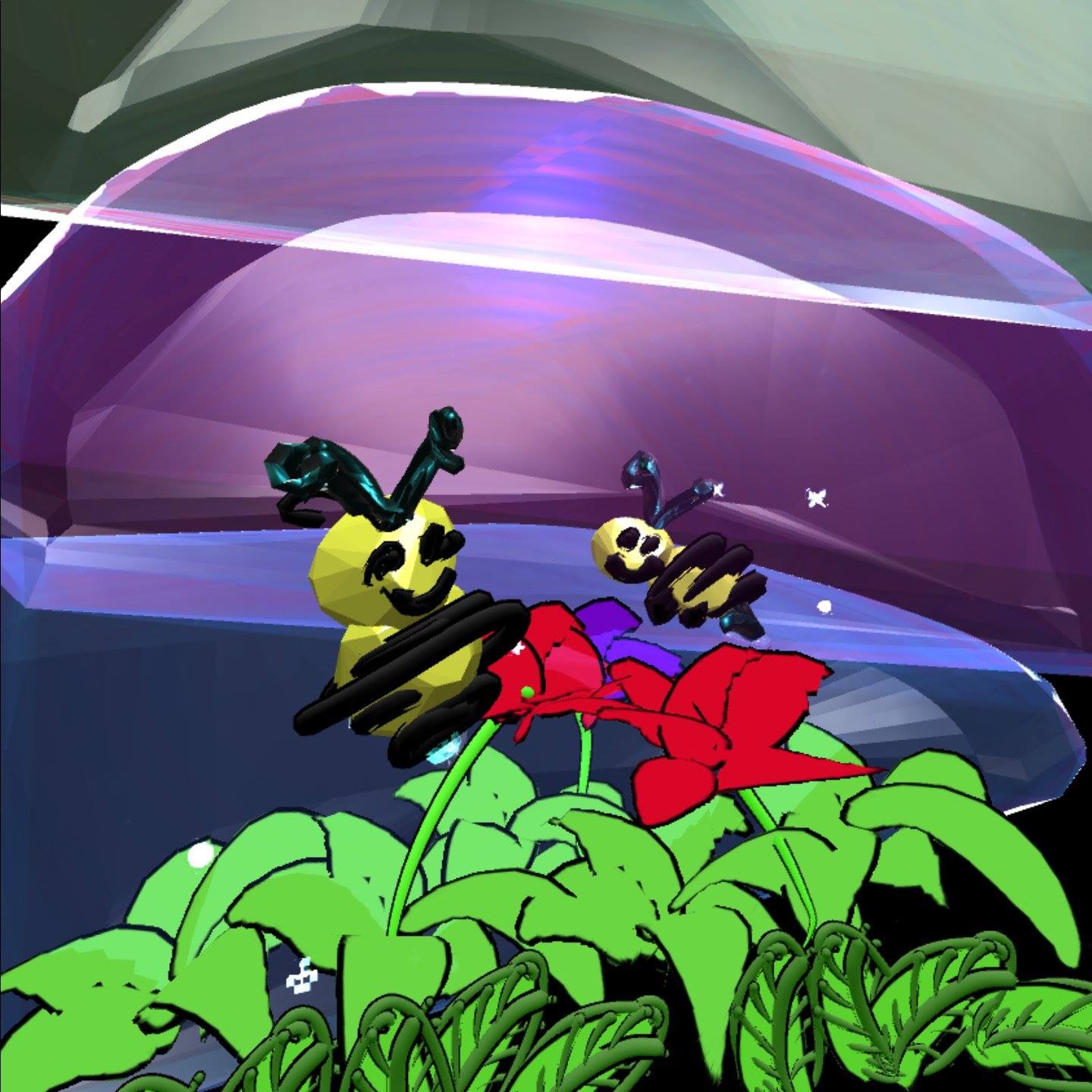Building a Sustainable Reality: Defying Counter-Factual Reasoning and Reactions to Climate Change
Why & Wheel of Reasoning
Individuals are stuck in a cycle of cognitive dissonance, apathy, and fear where they feel that (1) they care about climate change but find it overwhelming. (2) no action they can ever take against climate change will ever be effective or sufficient, and (3) that they are alone in the fight, which (4) results in a disconnection from climate change.
Advocates working on climate change focus primarily on providing information, and scaring or guilting people about the future, this results in an "ask" for individuals that is disconnected from their everyday social life, which in turn makes that ask feel too large, abstract, and distant. The ask leads to the feeling of being overwhelmed, triggering the classic fight, flight, or freeze response studied by therapists and neuroscientists.
The challenges found in climate change and sustainability exceed the capacity of traditional scientific framings. If we are to move away from apathy or inaction to mass collective action, then there is a need to develop a new approach to counter-factual or ineffective climate change thinking, and re-wire the brain for resilience.
Current research examines cases of cause and effect. However, individuals do not know how climate change will personally impact their lives, health, and communities so they don't know how to act or create effective solutions. These counter-factual cause and effect responses to climate change increase the fight, flight, or freeze response and further exasperate fear-based apathy.
A dire task of the 21st century is the need to help individuals counter feelings of apathy and empower people to be more resilient in the face of climate instability and dangers.
I see an opportunity to develop a new approach to climate change response, one that's constructed through a creative social process, where neuroscience is combined with values, preferences, and beliefs of affected communities and the general public.
The solution is to use emerging technologies to create social connection and empower individuals by drawing together in groups forming communities that dispel isolation and feelings of overwhelming powerlessness. Using Virtual Reality to create new solutions to ignite connection will support impacted communities by creating resilient individuals and communities.
Resilient individuals will be connected, informed, and empowered. They will have the support of a virtual community and know their creative actions are manageable and meaningful. They will work independently or unite as communities to find new climate solutions. People will be more adaptable and resilient in the face of climate dangers. People will defy traditional thinking with Oculus VR Garden Experience.
VR Concept Sketch. Bees programmed with EDMR light reactive stimuli guide player on a transformational interactive narrative that draws on science to build neurological resilience.
Solution: What I Will Make
Proposal: VR Garden Oculus Experience is for individuals and groups to draw together as a community in a VR Garden. Developed for Oculus Quest and Rift S, the program will be ideal for personal and social Oculus players, and in museums and educational environments. People will draw in a VR Garden and other landscapes as an individual or multiplayer freestyle drawing program. A player may also join a guided journey using narrative, drawing, neuroscience, transformational psychotherapies such as EMDR (originally used for PTSD and here used for emotional fear, isolation, and inertia due to the existential threat of climate destruction), mindfulness and tai chi inspired techniques to empower and build neuroplasticity, or emotional and mental resilience in the players. The narrative program will stimulate neuropathways that ignite brainwaves to surpass typical responses to trauma and release chemicals that enhance positive regeneration and strengthen resilience. The results will ultimately create a more empathetic and inclusive community and inspire more actions for climate justice; data collected by the VR Garden users will be used in a central Public Artwork in select communities and online to demonstrate the collective emotional mood and social impact of this movement toward climate justice.
Defying traditional thought that suspends inertia; enhancing human resilience and promoting new action, empowerment, and control, strengthening the prefrontal cortex and exert more executive control, or exhibit higher neuroplasticity, overcoming stress reactions to stimuli. Raising control over emotions allows the brain's Executive Center space to better deal with the stress brought on by climate disasters and room for more empathy for people in distress, especially with people one perceives as different. Emergency and effective coordination demands collaboration with others in urgent situations.
Joining the journey of a bee through climate impacted landscapes, participants will draw to pollinate flowers, save seeds, identify plants, protect wildlife and natural environments while stimulating the brain to heal from trauma and existential threat by using the science of mindfulness, psychology, neuroscience, tai chi, and other traditional healing arts.
An expert team of programmers, interactive artists, neuroscientists, and psychologists are acting as a support team for VR Garden Oculus. Additionally, In an act of mentorship, I plan to hire one or two local Native American Youth Arts Collective members to design or illustrate a portion of this game to highlight their talent, wisdom, and promote indigenous youth leadership. As I develop my skills as an Oculus programmer, I will be working to teach the youth members the same skills so they may potentially have a brighter future and be an effective storyteller as an Oculus game and experience programmer.
VR Garden Remixed with members of Draw Together: VR Garden (Facebook), including Siciliana Trevino Johnson, Laurie ONeill, Sabby Lighf, Pascal Sender. Remix VR Garden [link].


